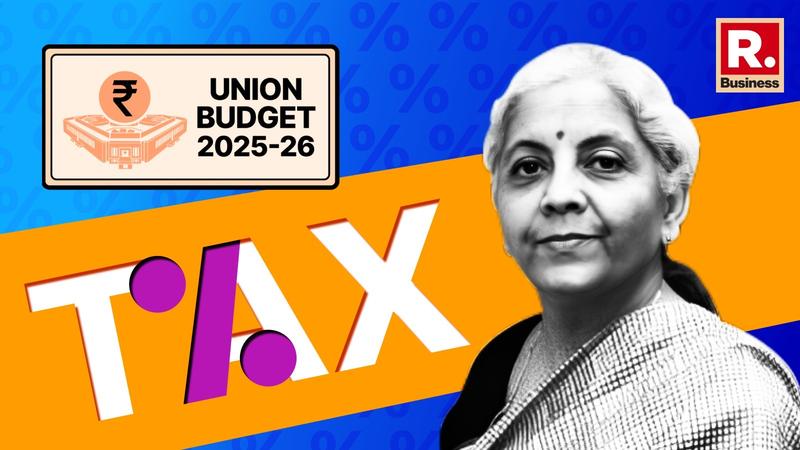Published 07:39 IST, December 25th 2024
Budget 2025-26: Capital Gains Tax - What To Expect?
India’s long-term capital gains (LTCG) tax on shares has reached parity with other assets, yet the Securities Transaction Tax (STT) persists.

The Pre- Budget Memorandum 2025-26 by the PHD Chamber of Commerce and Industry (PHDCCI) has flagged the Securities Transaction Tax (STT) as an area needing immediate reform.
Originally introduced in 2004 alongside the exemption of long-term capital gains (LTCG) tax on listed shares, STT ensured continued revenue collection from securities transactions.
However, the landscape changed significantly in 2018 when the government reintroduced LTCG tax on listed shares at 10%, subsequently increasing it to 12.5%. This adjustment brought LTCG on shares in line with other asset classes. Despite this parity, STT remains, raising concerns about double taxation and its impact on market participants.
Abolishing STT: A Case for Reform
“The securities transaction tax was introduced in the year 2004 when the long term capital gain was given total exemption, now since the long term capital gain on shares is at parity with long term capital gain on other assets then the need for such security transaction tax becomes questionable. It is requested that the security transaction tax may be abolished,” the PHDCCI notes in its memorandum.
The chamber argues that retaining STT while taxing capital gains creates an undue financial burden on investors. Eliminating STT would streamline taxation and promote greater participation in equity markets.
Simplifying India’s Tax Structure
The memorandum emphasizes that simplifying tax rates and processes is key to improving ease of doing business. By abolishing STT, the government can eliminate redundancy and reduce transaction costs for investors, particularly retail participants who are often most affected by such levies.
The Path Forward
The PHDCCI memorandum’s recommendation underscores the need for an equitable approach to capital gains taxation.
Abolishing STT aligns with the principles of tax simplification and fairness, the memorandum states, urging policymakers to address this issue in the upcoming Union Budget 2025-26.
As stakeholders await the government’s stance, the removal of STT could pave the way for a more investor-friendly tax regime, fostering a robust and competitive equity market in India.
Also Read: Budget 2025: PM Narendra Modi’s Agenda Revealed - Exclusive Insights From PMO’s Meeting With Economists | Republic Business
Updated 13:12 IST, December 25th 2024